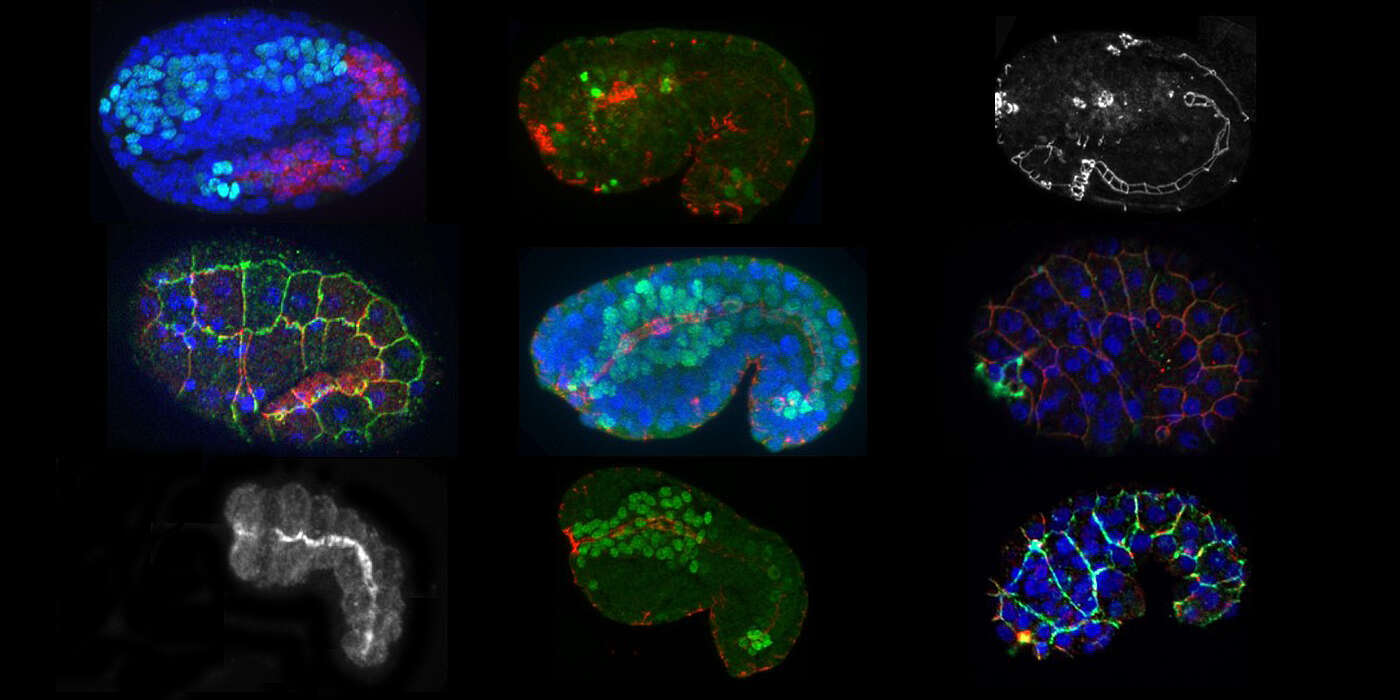Food scarcity, toxins, or pathogens: to survive, organisms must be able to respond to diverse environmental conditions and adapt their behavior appropriately. Parents pass on information about the prevailing living conditions to their progeny even before their birth. In this way, they prepare their offspring for adverse or favorable conditions. However, how environmental conditions shape the next generation is still a mystery.
Better survival chances for offspring
In many animals including humans, mothers equip their embryos with molecules and cell components. This process is called maternal provisioning. The team led by Prof. Susan Mango from the Biozentrum, University of Basel, used a small soil worm to study maternal provisioning. They found that substances passed from mothers to offspring vary with the living conditions, and this variability can help the progeny master environmental challenges after birth.
A special kind of care
Like many animal species, nematodes have their own biochemical «language». Using pheromones, they exchange information about how many neighboring worms are nearby, and they use this information as a proxy for the whole environment. The presence of certain pheromones communicates the presence of neighbors and therefore favorable living conditions. Specific neurons in moms sense these pheromones and use the information to modulate maternal provisioning.
Such “positive” pheromones target specific sensory neurons in mother worms, causing them to produce and release a signaling molecule, called neuropeptide FLP-21. This neuropeptide activates a signaling cascade that promotes the deposition of components for the protein translation machinery. This, in turn, regulates stress resistance: pheromones lead to more translation and to less stress resistance. Not a problem in good times.
Providing for a rainy day
And during hard times? Under poor conditions, fewer worms are nearby and there is a lack of “positive” pheromones. The worm moms begin to prepare their offspring for hard times by reducing the deposition of translation components. “This in turn leads to a reduction of the energy-intensive protein production in early embryos,” says first author Jadiel Wasson. “Additionally, the progeny is significantly more stress-resistant” says Susan Mango.
In this way, the offspring are well prepared for hard times. With this study, Mango and her team have been able to show for the first time how an animal can perceive its environment and use that information to influence the biology of the next generation. The better the offspring are prepared for the future, the better their chances of survival.
Original publication:
Jadiel A. Wasson, Gareth Harris, Sabine Keppler-Ross, Trisha J. Brock, Abdul R. Dar, Rebecca A. Butcher, Sylvia E.J. Fischer, Konstantinos Kagias, Jon Clardy, Yun Zhang, and Susan E. Mango. Neuronal control of maternal provision in response to social cues. Science Advances, published online August 20, 2021
Contact: Communications, Katrin Bühler



